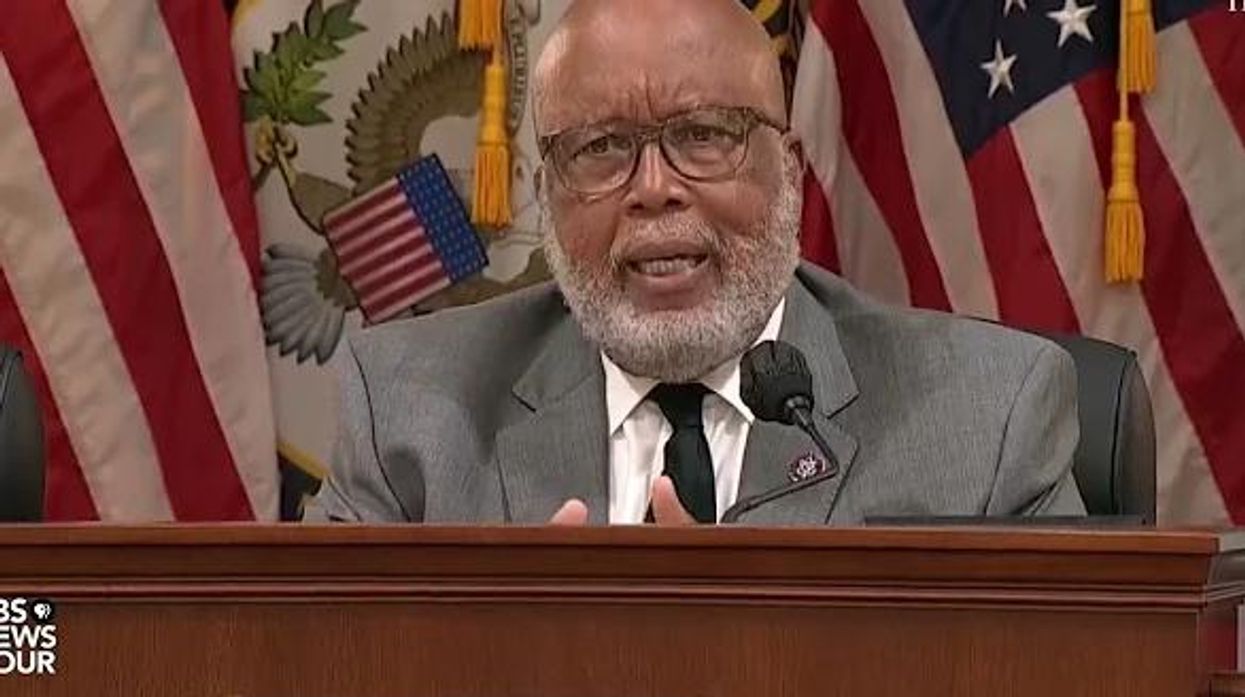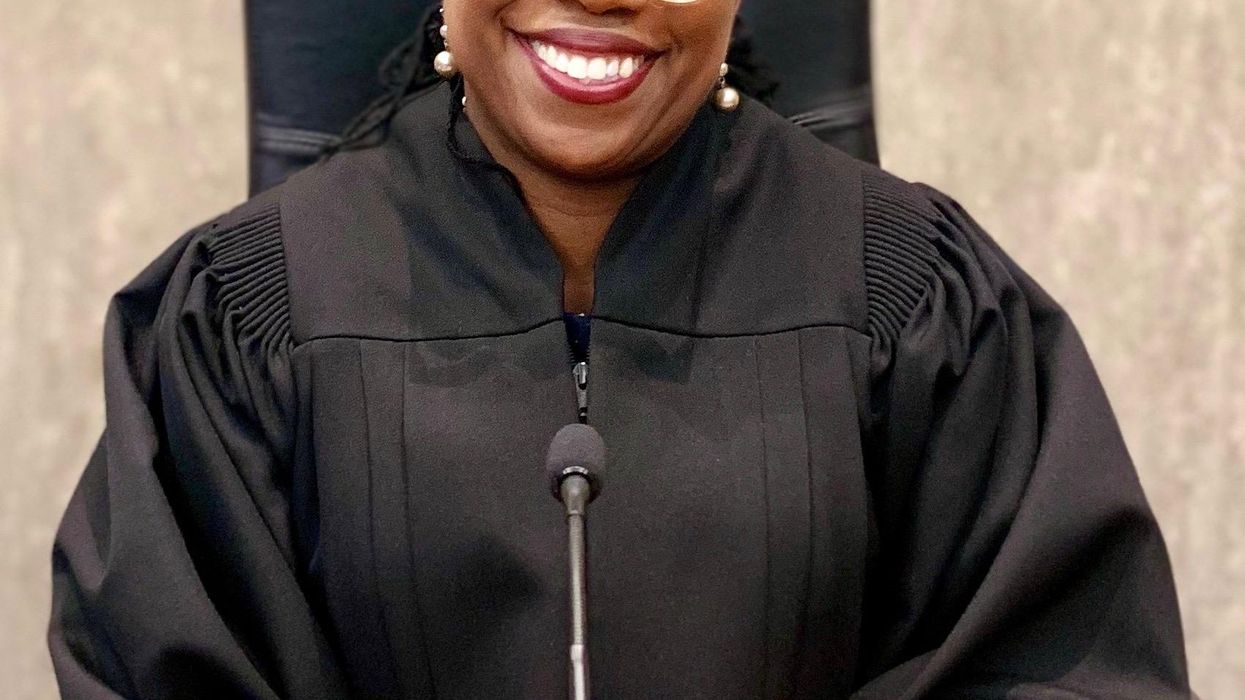New Quinnipiac Poll Shows Majority Reject Trump On Key Issues
Barely more than 50 days into his second term, President Donald Trump appears to be failing in the eyes of a majority of American voters on nearly every major issue — from the economy to immigration to the war in Ukraine to trade to his handling of the federal workforce and more —according to a new poll released Thursday by the highly-respected Quinnipiac University.
"A noticeable uptick of discontent can be seen over President Trump's handling of a range of issues: from Ukraine to the economy to the federal workforce," Quinnipiac University polling analyst Tim Malloy said in a statement.
A majority of Americans, 53 percent, disapprove of the president's performance overall, with just 42 percent approving. That's a significant swing (11 points) on the disapproval side from Quinnipiac's January 29 poll, which found 46 percent percent of Americans approved of the new president's performance, and 42 percent disapproved.
Fox News host Jessica Tarlov gave an overview of the poll's results, telling viewers (video below), "So basically, he is underwater on everything."
On one of the most strongly-negative questions, 60 percent of voters oppose President Trump's plan to dismantle the U.S. Department of Education. Just one in three support it. Another major negative is Trump's position on trade with Canada: 58 percent of voters disapprove of his handling of that issue, just 36 percent approve. That is closely followed by trade with Mexico (56 percent disapprove).
Historically, the economy has been one of Trump's strongest approval areas. That is no longer the case.
A majority of voters, 54 percent disapprove of Trump's handling of the economy — just 41 percent approve.
"In the Quinnipiac poll released today, one percent of voters describe the state of the America’s economy as excellent. That’s not a typo," observed Democratic strategist Matt McDermott.
On that topic, Quinnipiac reported, a whopping "76 percent describe it as either not so good (45 percent) or poor (31 percent)."
According to Quinnipiac's numbers, voters thought President Joe Biden's economy was better in his last full month (December) than they think President Trump's is now.
Quinnipiac University's December 2024 poll found 34 percent described the economy "as either excellent (three percent) or good (31 percent) and 64 percent described it as either not so good (31 percent) or poor (33 percent)."
Immigration, also once a strong area for Trump, no longer is.
Nearly half of voters, 49 percent, disapprove of Trump's handling of immigration issues, while 46 percent approve.
Other negatives include his handling of the Russia - Ukraine war (55 percent disapprove), the federal workforce (also 55 percent disapprove), foreign policy (53 percent disapprove,) and the military (48 percent disapprove).
Nor did Trump's Oval Office dressing down of Ukrainian President Volodymyr Zelensky go over well with the American voter.
"Fifty-eight percent of voters disapprove of the way President Trump handled the recent meeting with Ukrainian President Volodymyr Zelensky at the White House, while 35 percent approve."
Trump's overall approval rating (42 percent) is actually one point below what voters gave President Zelenskyy (43 percent).
Meanwhile, six in ten voters (61 percent) think Trump is not hard enough on Russia, while half (50 percent) think he is too tough on Ukraine.
In fact, the only issue where Trump's overall favorable outweighed his unfavorable rating is trade with China, which has not made many headlines recently. On that issue, 46 percent approve, 44 percent disapprove, a narrow margin.
But even in areas not directly tied to Trump's approval rating, voters oppose the President's position, at least in part.
"More than half of voters (57 percent) think that children who have not received standard vaccinations should not be allowed to attend schools and childcare facilities, while 35 percent think that children who have not received standard vaccinations should be allowed to attend schools and childcare facilities," Quinnipiac found.
Reprinted with permission from Alternet












